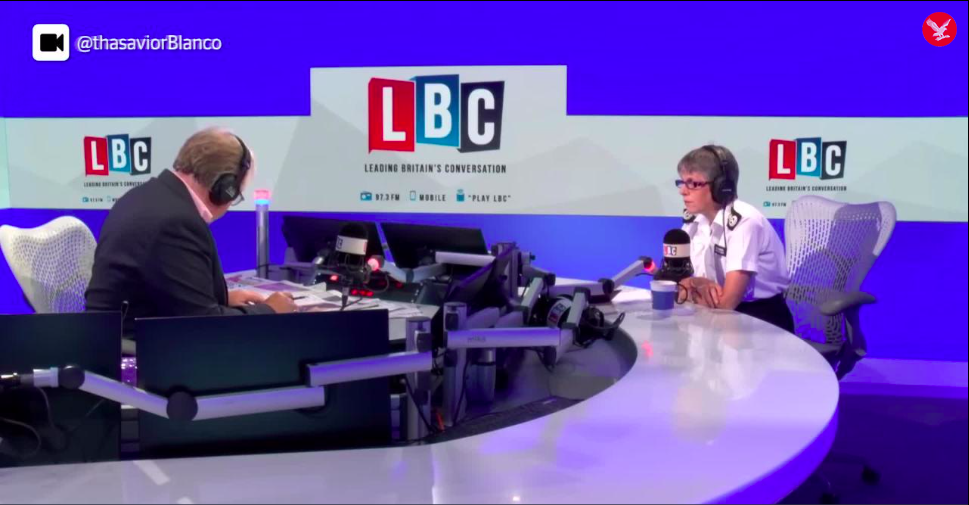
The news that the government could extend stop and search powers to allow police officers to search for acid, drones and laser pointers has been welcomed by many. I’m mindful of the changes to the “reasonable grounds” needed to stop and search individuals.
Stop and search and its disproportionate use on black, Asian and minority ethnic Britons was a subject of contention during my decade-long policing career as a black, gay detective, and remains a divisive issue today.
As someone who dreamed of policing his community, I’m for anything that keeps them safe. But equally I’m a realist, who served in two of Britain’s biggest police forces. If acid attacks and other crimes can be stopped through good policing, great. But I worry that, as with the original stop and search legislation, these new plans will again be disproportionately used on Britain’s ethnic minority communities.
Many of my former colleagues don’t understand the adverse consequences of stop and search and how it impacts individuals and policing, which makes their job harder. For far too many men of colour their first contact with the police is through a stop, often negative. Just the other day, I saw six officers surround a handcuffed black man in Islington, London. I didn’t know the circumstances, but six to one. How would you feel?
To understand the black community’s fears, you must look to history. I’m old enough to remember black people in Toxteth, where I was born, feeling the brunt of the “sus laws” that existed – when the police could stop, search and potentially arrest a person on the grounds of suspicion alone, with no need for a victim or witness. It doesn’t take a genius to know who was targeted. Then came the controversial stop and search introduced under the Police and Criminal Evidence Act of 1984. Controversial, because again black and brown people were disproportionately targeted.
Stop and search powers were meant to be used to find drugs, a weapon, stolen property or an object used to commit a crime – but the reality was often different. The police leaders said it was targeted and intelligence led, which wasn’t always so. It targeted and marginalised people of colour like the sus law before it, often through what my former colleagues call a “fishing trip”. This is when you stop and search in the hope of finding something. That “gut feeling” officers rely on.
As others have noted, like the Labour NEC member and anti-racism campaigner councillor Claudia Webbe, there is a fundamental difference between intelligence-led policing and racial profiling: one is specific and the other is not. Stop and search is a performance indicator for officers and is touted by leaders as an “essential tool” in combating crime. Yet hardly any stops have ever led to a conviction. And today BAME people are still eight times more likely to be stopped than white people.
There is much discussion, rightly, about rising crime, particularly around knives and guns. When it’s “out of control”, more laws follow. But what I don’t see discussed is why people join gangs? What possesses someone to carry a knife in public? Richard Stone, who was on the Stephen Lawrence inquiry, wrote about “arbitrary stop and searches by aggressive police officers” making black people “understandably grow angry with society at large”.
Being in a gang makes people feel protected, as it does the police. I have seen stop and search used unfairly, to criminalise people, and I understand why some rebel against a world that has failed to care for them. Hopelessness, injustice and sensationalising the marginalised can create violence – “the oppressed becoming the oppressor”.
If more laws are needed to protectpeople, so be it, but they have to be enforced fairly.
Published by The Independent on 5 September 2018.